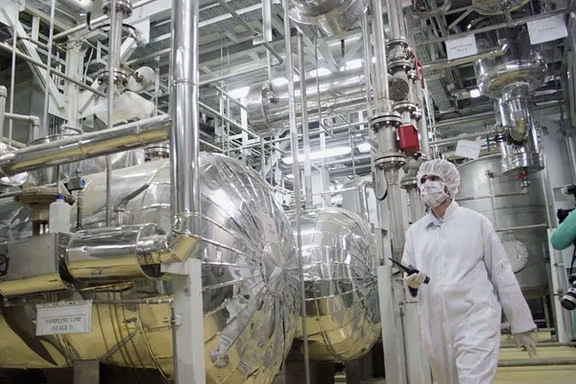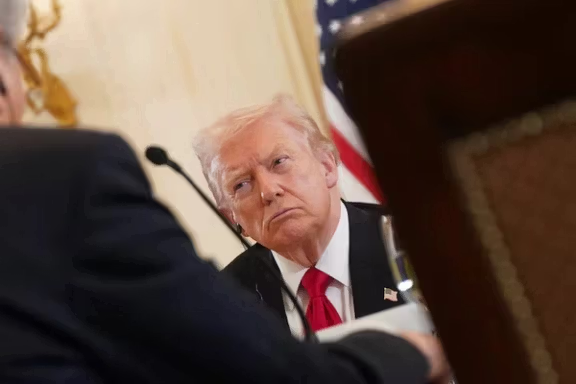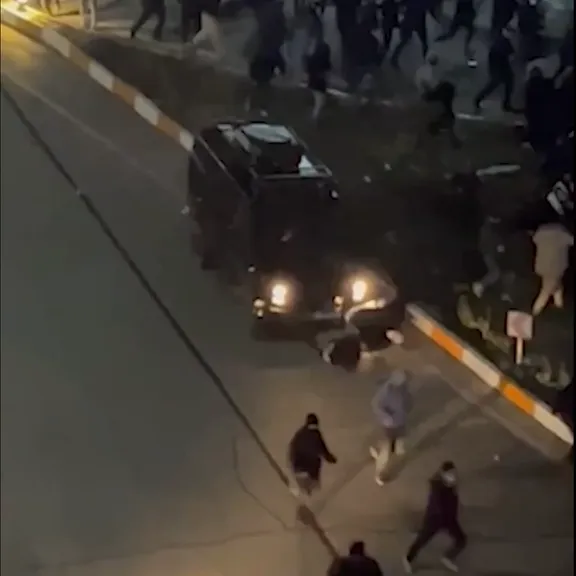Behrouz Morovati, a disability rights activist, said the situation for people with disabilities has become extremely critical, with government support far below subsistence levels.
“Even in the best case, when a person with a severe disability receives a stipend, subsidy, and livelihood allowance, the total comes to around thirty million rials per month (nearly $28),” Morovati told the ILNA on Friday.
“In a country where the poverty line is estimated at 300 to 700 million rials (around $277 to $650), this gap shows how impossible it has become for people with disabilities to meet basic needs.”
Years of delay in job fund implementation
The Employment Opportunity Fund for Persons with Disabilities was supposed to launch in 2018 but has made no progress after nearly seven years, ILNA reported.
The fund’s legal framework, Morovati said, dates back to 2004 but has been repeatedly stalled by bureaucratic disputes, objections to its bylaws, and political disagreements over leadership appointments.
“This delay has only deepened the financial strain on disabled people,” he said.
Incomplete welfare payments and unfulfilled quotas
The government, according to Morovati, has failed to fully implement Article 27 of the law, which requires that monthly disability payments equal at least 20 percent of the annual minimum wage. Around 300,000 eligible people are still waiting for assistance, he added.
He further criticized the government for not meeting the legally mandated three-percent employment quota for persons with disabilities, saying only about one percent of those positions have been filled.
According to Iran’s Welfare Organization, there are more than 9.7 million people with disabilities nationwide -- around 11.5 percent of the population -- with roughly 60,000 new cases added each year, mostly from road accidents.














